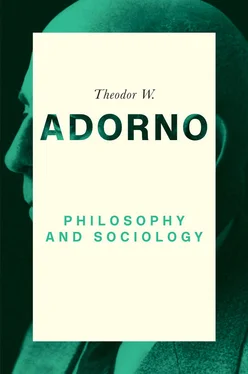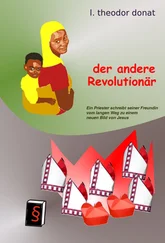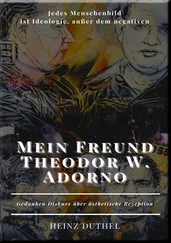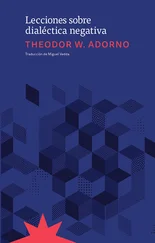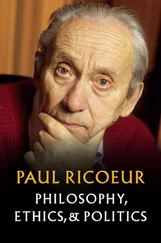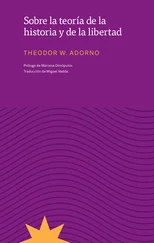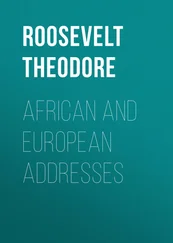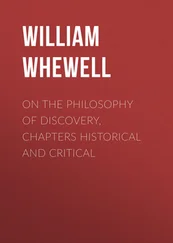For further information on Polity, visit our website: politybooks.com
LECTURE
Are philosophy and sociology mutually incompatible? – Controversy with König and Schelsky (I) – Kant’s influence on phenomenology and ontology – The origins of sociology in Saint-Simon – Psychology in Kant – Against ‘purity’
LECTURE 2
Resistance to philosophy on the part of sociology – Comte’s ‘law of the three stages’ (I) – The origins of sociology in France – Order and progress in Comte – The claim to priority on the part of sociology – Freedom of conscience and national sovereignty – Comte’s conception of institutions – Driven towards dialectics – The concept of positivism – First nature and second nature – Political content of Comte’s argument
LECTURE 3
Social Darwinism – Emphasis on subjectivity – Demand for systematic immanence in thought – The question of the utility of science – ‘Sociological schizophrenia’ – Priority of the social system (I) – Social compulsion – Sociology and philosophy as a dynamic unity
LECTURE 4
Comte’s demotion of philosophy – The appeal of positivism – Comte’s nominalism – ‘The law of three stages’ (II) – The pretensions of speculative thought – Controversy with König and Schelsky (II) – Against the demand for intelligibility – Ordinary language and logic
LECTURE 5
‘Chosisme’ (I) – Sociology addresses the constituted – Durkheim’s critique of ‘Ideas’ in Comte – Durkheim’s critique of Comte’s concept of progress (I) – Durkheim’s critique of Comte’s ‘law of the three stages’ – ‘Collective spirit’ as explanation of social phenomena – ‘Chosisme’ (II) – Reification of society
LECTURE 6
Concepts and observation – Critical generosity – The category of ‘meaning’ – Priority of the social system (II) – ‘Chosisme’ (III) – The concept of ‘understanding’ – Theory of the unintelligible
LECTURE 7
Objective tendency – Mediation between social and individual domains – ‘Chosisme’ (IV) – Durkheim’s critique of Comte’s concept of progress (II) – The dialectic of progress – The violence of progress – The irrationality of rationality – Different modes of mediation in philosophy and sociology
LECTURE 8
A pause in the argument – Concepts of ‘philosophy’ and ‘sociology’ operating at different levels – ‘Hyphen-sociologies’ – Sociology as a recent discipline – Sociology and empirical social research – Max Weber’s definition of sociology – Philosophy and facticity – The provincial situation of Germany
LECTURE 9
Transition to the theory of ideology – Space and time in Durkheim – On the mediation of mind and society – Concept of truth – The conceptual moment in exchange – The ‘natural character’ of the productive process is illusory – Concept of ideology presupposes an understanding of totality – Theory of ideology is philosophical rather than sociological
LECTURE 10
Truth not presentable in isolated theses – Historical development of the concept of ideology (I) – Forces of production and relations of production – Problems of constitution as social problems – Subjectivity in positivism (I) – Difference between Kant and Hume – Subjectivity in positivism (II) – Atomistic character of statistics – Relationship between truth and consciousness – Analysis of motivation
LECTURE 11
Theory of ideology behind the controversy between philosophy and sociology – Historical character of the mind – On the concept of total ideology – Against the all-encompassing suspicion of ideology – Danger of apologetic thought – Changing function of theories of ideologies (I)
LECTURE 12
Changing function of theories of ideology (II) – Slower transformation in the superstructure; ‘cultural lag’ – Apologetic tendencies of civil society – The truth moment of empirical sociology – Organized science and the independence of thought – The possibility of a theory of contemporary society (I) – The irrational character of capitalist society
LECTURE 13
The possibility of a theory of contemporary society (II) – Nominalism incompatible with theory formation – ‘Political distribution’ instead of market society – Social ‘cement’ – ‘Diamat’ – Dialectic not a method – Demand for intellectual freedom
LECTURE 14
Historical development of the concept of ideology (II) – Bacon’s theory of idols – Critique of language – Theory of ideology not a psychology of ‘interests’ – The primal history of modernity – Making a fetish of history – More ideology or less
LECTURE 15
The dissolution of ideologies (I) – Technologies and mass media – Class consciousness – The ‘sceptical generation’ and technological illusion – Scepticism as an attitude (I)
LECTURE 16
Scepticism as an attitude (II) – Different kinds of ideology – Legitimating ideologies – Complementary ideologies – Meaninglessness as meaning – Controversy with Benjamin – Danger of oversimplifying the concept of ideology (I) – Danger of oversimplifying the concept of ideology (II)
LECTURE 17
Theoretical typologies in the social sciences – The ideology of concealment – Concepts created through their extremes – The dissolution of ideologies (II) – Priority of the genetic moment in the concept of ideology – Against the dichotomy of genesis and validity – On mediation – Truth as historical (I); the history in truth – Truth as historical (II); the genetic implications for meaning
LECTURE 18
Against Mannheim’s account of genesis and validity – the genetic aspect of the mind as critical aspect – Against the idea that ‘what has come to be’ cannot be true – Example: logic in the development of music – Historical mediation of Plato and Aristotle
Ladies and gentlemen,
This series of lectures was announced under the title of ‘Philosophy and Sociology’, and the title itself might give rise to misunderstandings for those of you who are just beginning your studies. I think it is my duty, therefore, to try and clear up such misunderstandings – such potential misunderstandings – here at the start. Since the person who is speaking to you right now occupies a position specifically designated as that of Professor of Philosophy and Sociology, 1some of you might just expect that I should really try – like one of those clumsy and silly protagonists you hear about in fairy tales – to instruct you in philosophy and sociology with a single blow, so that you could somehow pick up both these fields in two hours of lectures a week throughout the semester. But such a thing, of course, is out of the question. It is not feasible in this series of lectures for me even to give you what would generally be called an introduction to philosophy or an introduction to sociology. What I would like to do, by contrast, and in accordance with my overall theoretical conception, is to offer you, with reference to a quite specific point, a kind of model for thinking. For what I should like to unfold for you here is something about the conflict, the problematic, that has historically prevailed in the relation between the two fields of philosophy and sociology, and which is becoming even stronger at the present time, and indeed from both of the sides involved. I should also like to try and explain, for those of you who happen to come from either one field or the other, something about the problem involved in the way these two disciplines have come to be so personally united, as it were, in the case of both Herr Horkheimer 2and myself, here at this university, even though, according to a very widely shared preconception on both sides, they are actually incompatible and have nothing to do with each other. Thus I would like, from a quite specific, critical, and decisive point of view, to shed some light on these two fields; and this, so I believe, will bring us right to a problem, a central one, that is of considerable relevance both philosophically and sociologically speaking, a problem that neither of these disciplines is able to evade. I am talking about the problem of the idea of truth, on the one hand, and the idea that knowledge is essentially determined by social factors, on the other. And I believe that, by starting from this single and central problem, it then becomes possible to shed some further light on the particular fields of philosophy and sociology; thus from this quite specific and expressly chosen perspective you may also – if it is not too presumptuous to expect this – gain a certain point of entry to both fields at once, and, above all, from each of these sides – I must really emphasize this – you may then be able to disabuse yourselves of the prejudice or preconception that, with philosophy and sociology, we are essentially dealing with two at least disparate, if not downright irreconcilable, spheres of thought.
Читать дальше
